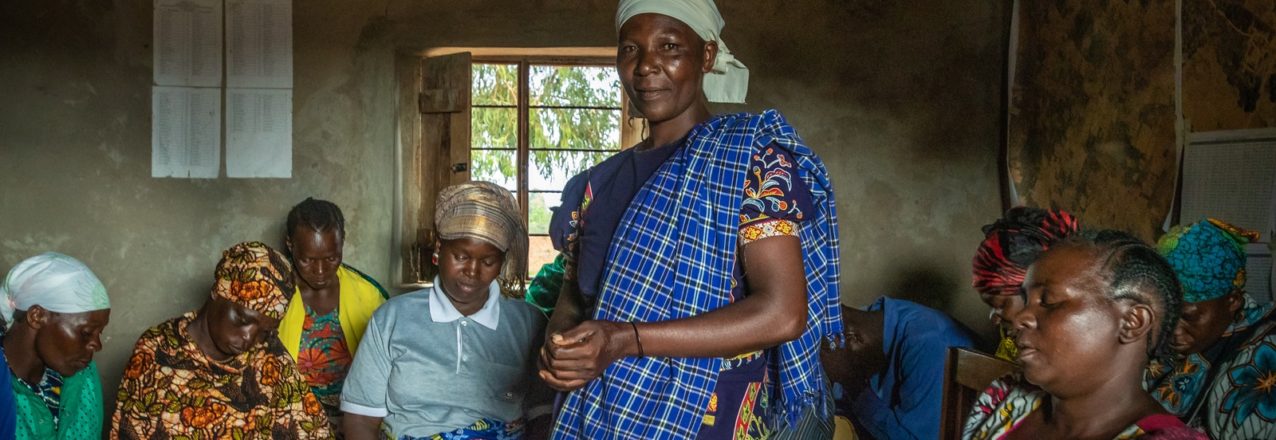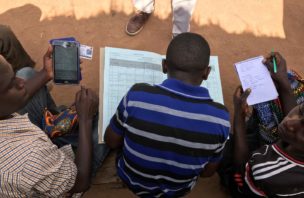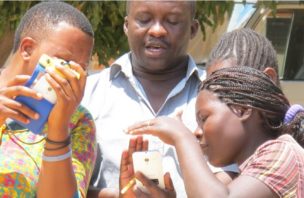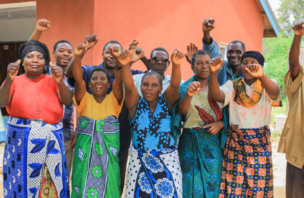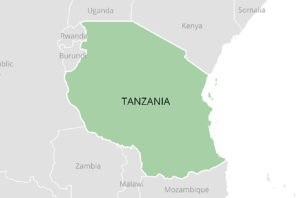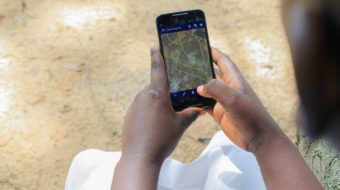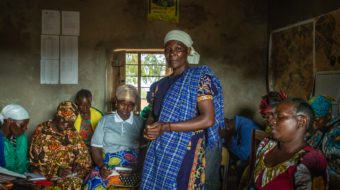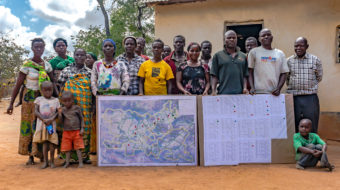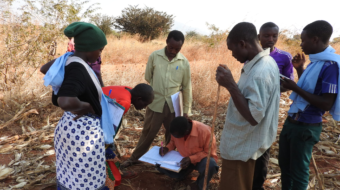Project Description
While Tanzania’s legal framework provides clear land tenure protections for men and women alike, village-level land tenure is frequently not secure and is often susceptible to outside interests. The land in many villages is typically not mapped, demarcated according to use, or registered—and there is significant disparity in how investors access land in Tanzania. Each of these factors combine to represent a significant and binding constraint to economic growth and investment, provide a climate for disputes, and disenfranchise vulnerable groups.
To mitigate these issues, Feed the Future Tanzania Land Tenure Assistance (LTA) seeks to clarify and document land ownership, increase local understanding of land use and land rights, and support land use planning by virtue of five main efforts:
- Assist villages and district administrations in completing the land use planning process;
- Assist villages and district administrations to map parcels and deliver certificates of customary rights of occupancy (CCROs) in selected villages;
- Educate and build capacity of village land governance institutions;
- Educate and build capacity for district-level land governance; and
- Assist the Ministry of Lands, Housing and Human Settlement Development and other Government of Tanzania institutions to develop and apply systems, tools, and regulations that support low-cost first registration of land and the subsequent transactions of registered lands on a national scale.
Local sustainability is a critical component of the LTA activity. The goal of this activity is to empower district and village land institutions in the areas targeted by LTA to carry forward the capacity-building and land administration process independently, with little or no outside financial support once LTA concludes. This goal highlights the importance of proving cost-effective approaches for land registration.
Expected Results
- Easily replicable processes, protocols, and procedures for village-level intervention that result in first registration of land with minimal disruption among beneficiaries.
- Simplified regulations and administrative procedures for registering and transacting land.
- Cost of parcel registration decreased by 70 percent, with the end cost to claimant of around $10/parcel.
- An estimated 50,000 CCROs registered among more than 14,000 claimants across 41 beneficiary villages.
- Village land certificates and village land use plans registered for assisted villages emphasizing sound evidence of participation by marginalized groups.
- Villager and village authority-level trainings delivered in at least 41 villages on the Village Land Act No. 5, the CCRO process, women’s land rights, and agriculture-related business skills.
- District-level trainings delivered for local government authorities, including trainings on land administration and land use planning processes, land dispute resolution, record keeping, and land valuation skills.
- Iringa District Land Office improved and equipped to store both physical and digital village land records.
- Awareness and use of innovative digital land registry tools increased among a broad spectrum of stakeholders in Tanzania.


